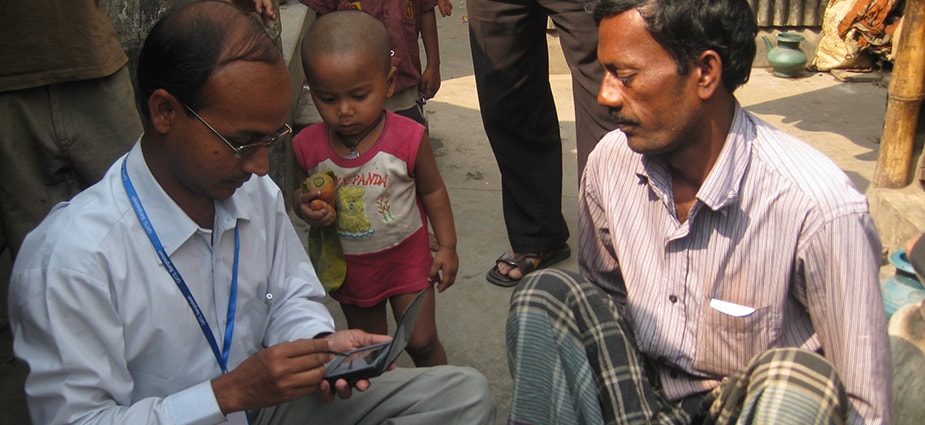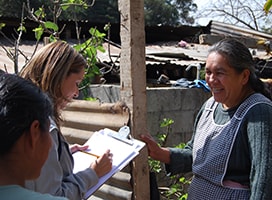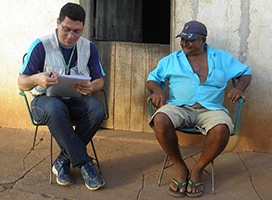NCD Field Epidemiology Training

Responding to the NCD Epidemic
Despite global commitment and efforts to prevent and control noncommunicable diseases (NCDs), they remain the leading cause of death worldwide and an emerging global health threat. Cardiovascular diseases (CVDs) are consistently the most common NCD, responsible for 18.5 million deaths in 2019, followed by cancer, respiratory diseases and diabetes. Many low- and middle-income countries have limited epidemiological evidence and expertise to understand this disease burden, develop and monitor effective interventions, and inform continual improvement of programs and policies. Many low- and middle-income countries do not have enough qualified healthcare professionals and epidemiologists to respond to the noncommunicable disease (NCD) epidemic. During emergencies, untreated NCDs can quickly become life threatening. Field epidemiologists with expertise in NCDs can ensure that NCDs are included in emergency responses and prevent substantially reduce poor outcomes, including avoidable deaths and health complications.
- Epidemiologists are public health professionals that study the spread or pattern of sickness in a group of people.
- Field epidemiologists, sometimes called disease detectives, use epidemiology to guide interventions and reduce illness and death during urgent public health incidents.
Preparing NCD Disease Detectives
In 2017, CDC piloted a two-year NCD field epidemiology training program (FETP) track in Thailand, followed by a collaborative two-year NCD FETP track targeting cardiovascular diseases (CVDs) in FETPs in India, China, and Ethiopia. FETPs are country-owned on-the-job training programs that collaborate with local mentors and partners to focus on evidence-based best practices and research methods; they are modeled after the U.S. Epidemic Intelligence Service and recognized worldwide as an effective way to build capacity in epidemiology, surveillance, and outbreak response.
The FETP NCD program goals are to enhance workforce capacity in CVD epidemiology, surveillance, evaluation, and scientific communications, and inform public health programs and policies. In these countries, resident projects focus on investigating aspects of hypertension epidemiology and management, in collaboration with local partners.
To strengthen participants’ skills in NCD epidemiology and surveillance, CDC developed targeted training resources that can be delivered through in-person workshops, virtually, or a hybrid model. FETP-NCD participants apply epidemiology and surveillance skills to NCD specific field projects and refine their skills through
- technical workshops that include interactive case studies
- mentorship
- expert technical guidance
NCD FETP graduates are equipped to investigate health threats, collect, examine and synthesize data to inform decision-making, evaluate interventions, and communicate their findings through scientific presentations and publications.
Understanding NCDs in global disease outbreaks and beyond
People living with NCDs and their risk factors have a higher risk of becoming severely ill with COVID-19 and are more likely to die from COVID-19. Studying NCD comorbidities and informing decision-makers about the health risks posed by COVID-19 is critical for field response. NCD residents are currently engaged in the COVID-19 pandemic response, applying their training to examine NCDs and improving health outcomes and systems globally.
This work is supported, in part, by Bloomberg Philanthropies and Resolve to Save Lives, an initiative of Vital Strategies, through a grant to the National Foundation for the Centers for Disease Control and Prevention Inc (CDC Foundation).

Download, customize, and learn from 24 modules of NCD training materials focused on developing the public health workforce in low- and middle-income countries.

